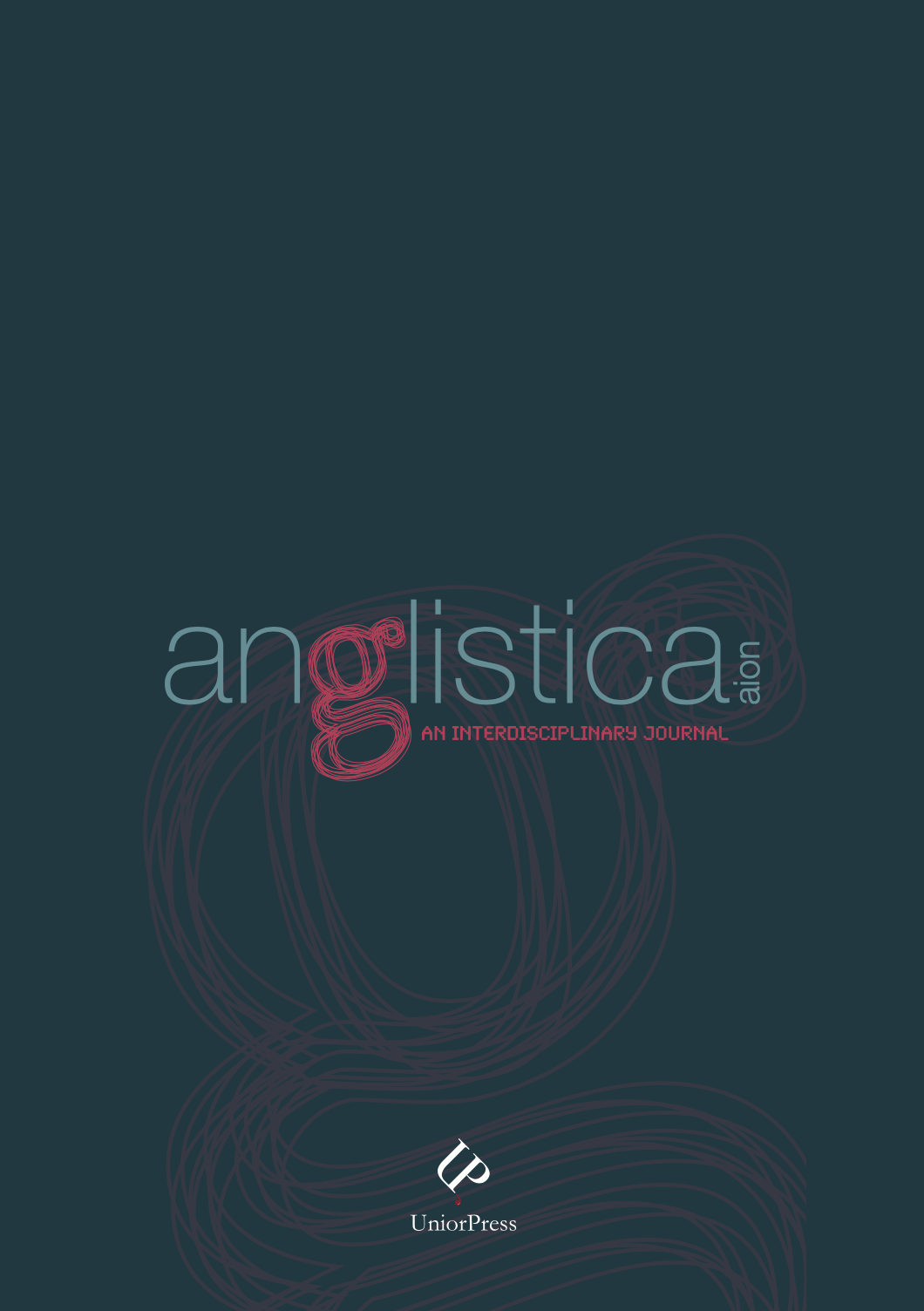“In a Double Sense”
Syntactic Ambiguity and the Pragmatics of Equivocation in Shakespearean Dramatic Dialogue
Abstract
My paper will focus on form and function in the pragmatics of Shakespearean dialogue in respect of syntax. It will discuss the interpretation of semantic roles in his dramatic dialogue, and particularly the way in which ambiguous constructions are situated in scenes in order to create a feeling of uncertainty and ambivalence, both in the specific dramatic context and in the poetics of the play as a whole. This profound sense of ambiguity – which lies at the heart of tragedies such as Macbeth and Hamlet and histories such as Henry V, but is also present in a significant number of comedies – is constructed, as I argue and exemplify, not only through the dramatic ironies of plot and character, but crucially by the language and the slippage resulting from functional shifts of grammar and syntax. As has been observed by a number of commentators, the consequent persistent flouting of Gricean conversational maxims of quantity, quality, relation and manner is an intrinsic tool of the poetic dramatist’s art and Shakespeare represents an outstanding example of this phenomenon. Likewise, the performative and declarative speech acts of dramatic dialogue can be seen to contribute to such flouting of conversational norms and maxims. The article will also discuss the relationship between linguistic ambiguity and character ambivalence with specific examples.


